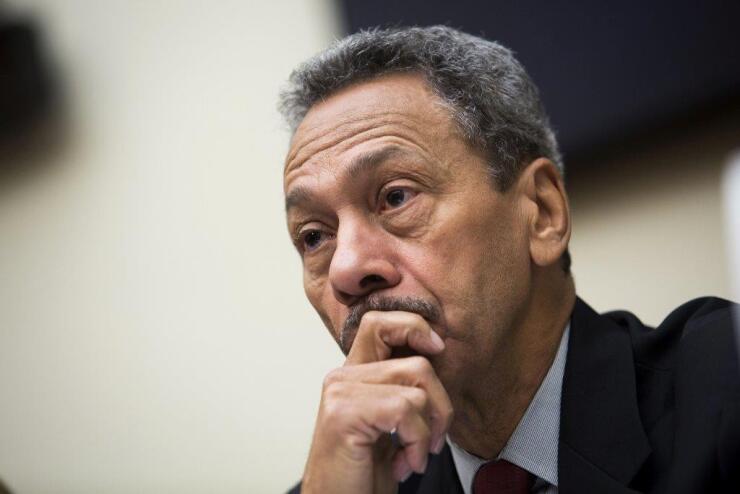WASHINGTON — Fannie Mae and Freddie Mac should be able to rebuild a capital buffer to avoid any potential crisis in the mortgage market, according to a coalition of affordable housing advocates, homebuilders and small mortgage lender groups.
The Community Home Lenders Association, Community Mortgage Lenders of America and Leading Builders of America released a joint letter Wednesday along with other housing groups backing Federal Housing Finance Agency Director Mel Watt's possible plans to allow the two government-sponsored enterprises to build a capital buffer to prevent a possible draw from the U.S. Treasury.
"It simply makes no sense for either FHFA or Treasury to allow any type of housing market disruption or investor uncertainty to occur by allowing the enterprises to operate with zero capital buffers. It is also inconsistent with the president’s goal of preventing taxpayer-funded bailouts," said the letter, which was signed by the nine groups that have formed the Main Street GSE Reform Coalition.
But they are also concerned if Watt acts unilaterally. "The best way for Watt to proceed would be to work with [Treasury Secretary Steven] Mnuchin and to figure out a solution," said Glen Corso, executive director of the Community Mortgage Lenders of America.

The letter said that "while FHFA has the explicit authority ... to suspend dividend payments to the U.S. Treasury, we believe FHFA and Treasury should be of one accord in ensuring access to affordable homeownership and to the enterprises operating in a safe and sound manner."
In testimony before the Senate Banking Committee last week, Watt indicated he would prefer to work with Treasury Department officials to reach an agreement on building a GSE capital buffer. Fannie and Freddie have a $258 billion line of credit under a senior preferred stock purchase agreement with the Treasury.
Watt has indicated he would prefer to work with the Treasury but is willing to act on his own if necessary. He said financial markets might react badly if the GSEs deplete their capital and are forced to take a draw on the Treasury line of credit. Currently, all of Fannie and Freddie's profits are swept into Treasury's coffers.
Mnuchin is slated to testify before the Senate Banking Committee on Thursday and is likely to be asked about this issue.
The Mortgage Bankers Association, meanwhile, is opposed to any unilateral action by the FHFA.
"Our greatest concern is that of the director acting unilaterally in changing the dividend especially when Treasury Secretary Mnuchin stated publicly that the dividend should continue," MBA President David Stevens said in a press release. "We have long advocated that the line of credit provides all the capital that would be needed by the GSEs in almost any scenario, and that any independent action from the director could result in an unexpected negative reaction from Congress or the administration."
Members of the Main Street GSE Reform Coalition are the Community Home Lenders of America, Community Mortgage Lenders of America, Corporation for Enterprise Development, Leading Builders of America, Leadership Conference for Civil and Human Rights, League of United Latin American Citizens, NAACP, National Community Reinvestment Coalition and the National Urban League.




